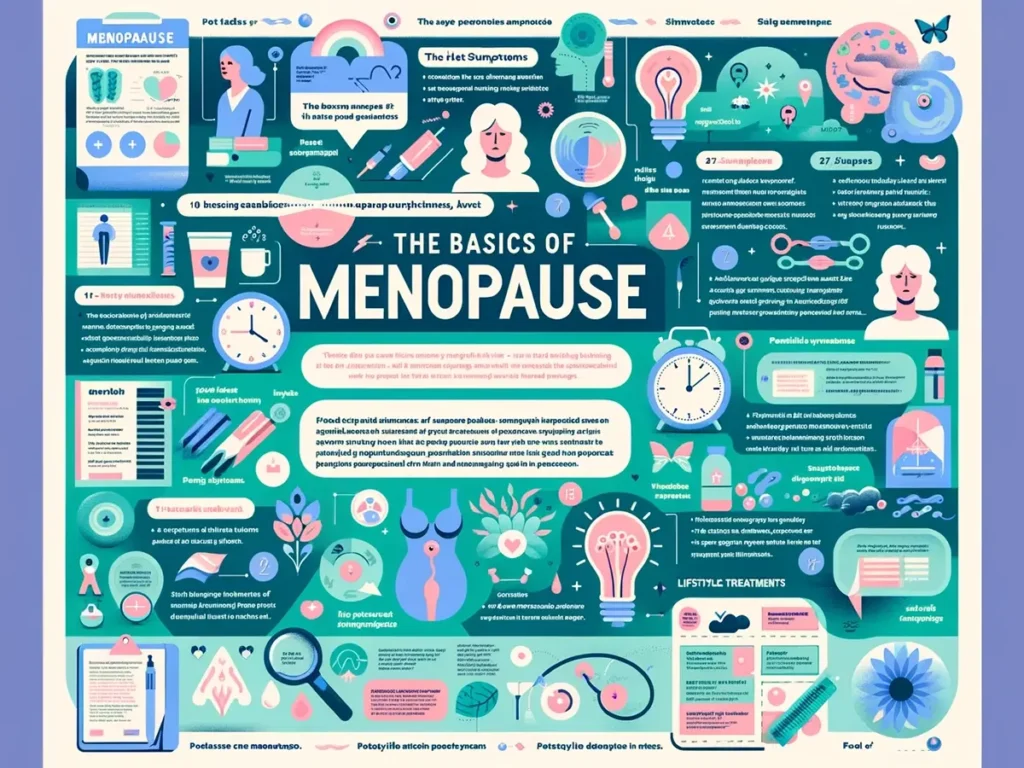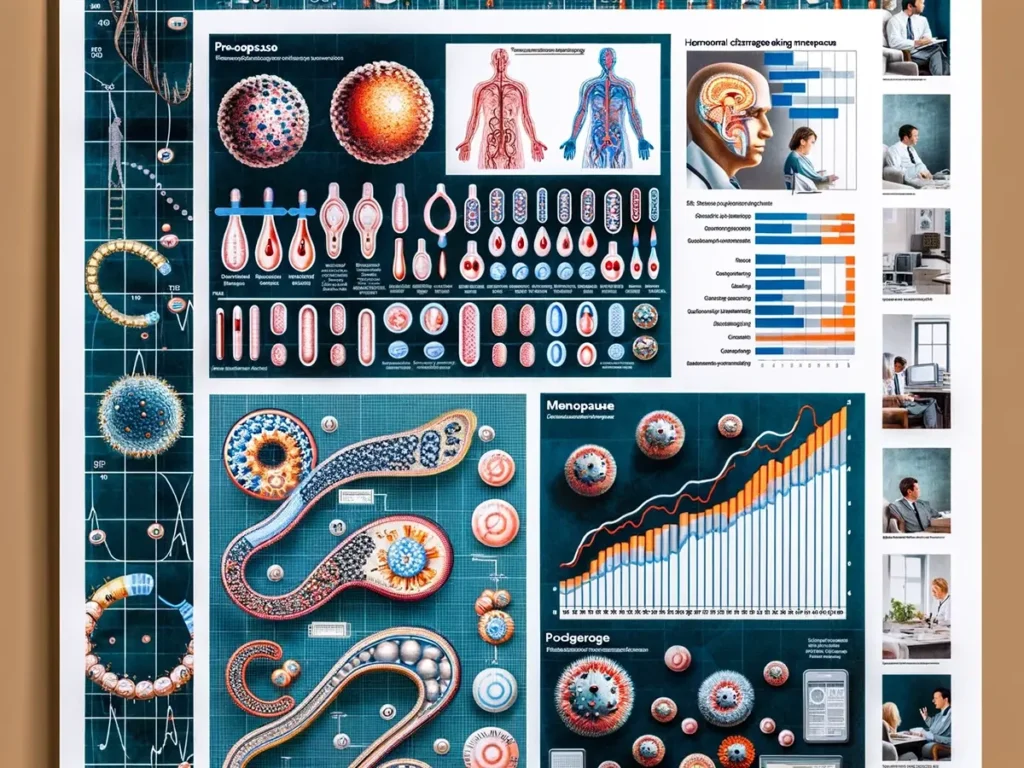Menopause is a natural biological process that marks the end of a woman’s reproductive years. However, for some women, menopause can occur earlier than expected, leading to a condition known as early menopause. In this blog post, we will explore the causes, symptoms, and coping strategies for early menopause.
Causes of Early Menopause
Early menopause can be caused by various factors, including:
- Genetics: Some women may have a genetic predisposition to early menopause.
- Medical Treatments: Certain medical treatments, such as chemotherapy or radiation therapy, can induce early menopause.
- Autoimmune Disorders: Conditions like autoimmune diseases can affect the functioning of the ovaries and trigger early menopause.
Symptoms of Early Menopause
The symptoms of early menopause are similar to those experienced during natural menopause and may include:
- Hot flashes and night sweats
- Irregular periods or no periods
- Mood swings and irritability
- Vaginal dryness
- Sleep disturbances
Coping Strategies for Early Menopause
While early menopause can be challenging, there are coping strategies that can help:
- Seek Support: Reach out to friends, family, or support groups to share your feelings and experiences.
- Manage Symptoms: Talk to your healthcare provider about hormone replacement therapy or other medications that can alleviate symptoms.
- Adopt a Healthy Lifestyle: Engage in regular exercise, eat a balanced diet, and practice stress management techniques to promote overall well-being.
- Explore Fertility Options: If you desire to have children, consider discussing fertility preservation methods with a reproductive specialist.
Although early menopause can be challenging, it’s important to remember that you are not alone. By understanding the causes, recognizing the symptoms, and implementing coping strategies, you can navigate this phase of life with resilience and grace.






